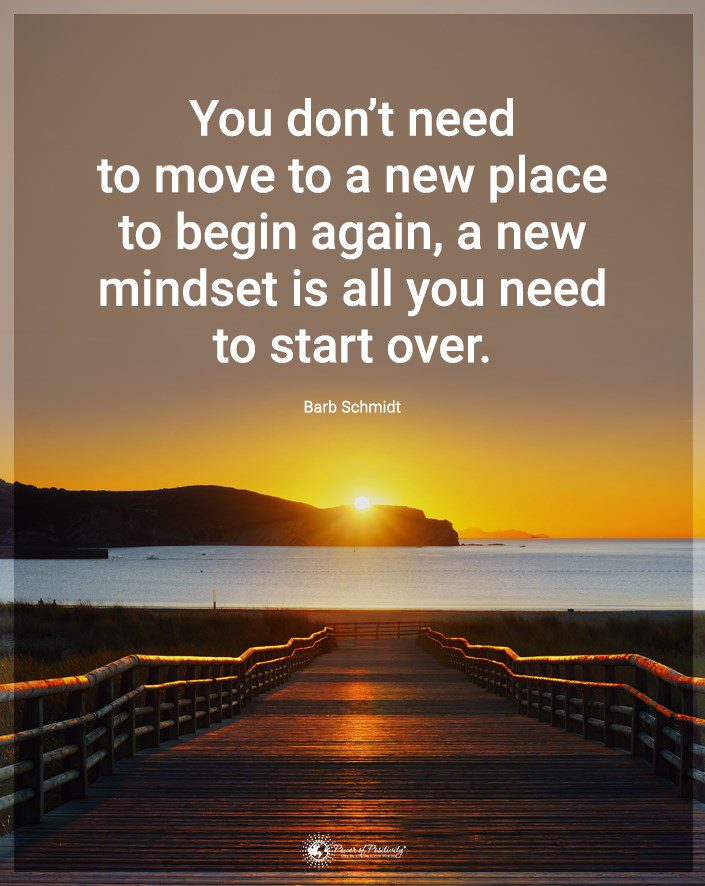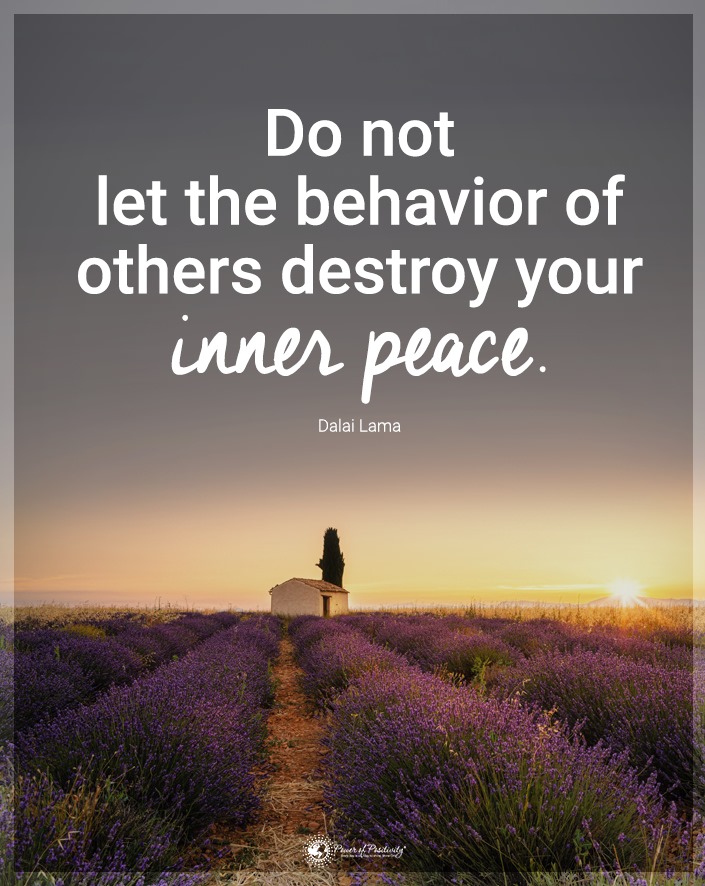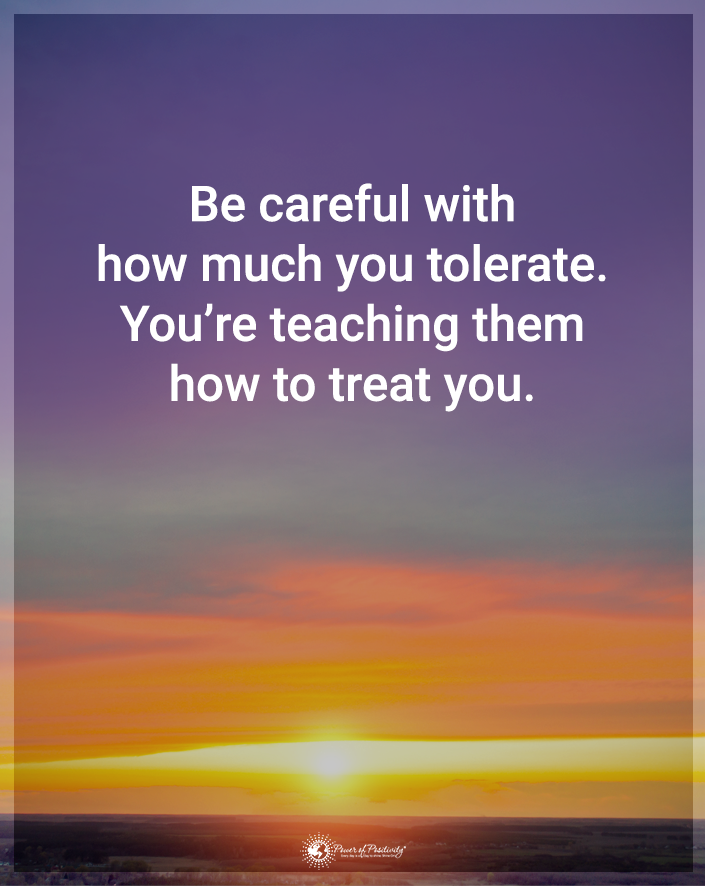Anyone is prone to emotional burnout, whether it’s your career, homelife, relationships, or caregiving for a loved one. Sometimes, the process is so gradual that you don’t realize it. You may consider burning out as a weakness or failure on your part, but it’s nothing of the sort.
These things often happen because you’ve been strong for too long. Your body is a susceptible machine that will give you warnings if you’re in tune with it. Whether physical, mental, emotional, or spiritual issues, your body will let you know what it needs. If you feel stress to the max, it’s time for a change.
Ten Red Flags of Emotional Burnout
What is your inner voice trying to tell you about current situations in your life? Have you lost your joy and enthusiasm and feel like the world is crumbling around you? Pay attention to these ten warning signs of emotional burnout.

1. You Feel Less Patience and Tolerance
When you are inspired and bursting with energy, you’re usually more tolerant of interruptions and setbacks. A tell-tale sign of emotional burnout is chronic exhaustion. If your energy level is nearly zero, your tolerance level will match.
For example, the little quirks that didn’t bother you in the past become emotional triggers. Losing patience and tolerance also leads to frequent bouts of anger and frustration. Any changes in plans may irritate you to the point of hopelessness.
The situation can worsen if you don’t have healthy coping tools. Many people soothe their stress by substance abuse. If you engage in such risky habits, you may be masking the signs your body is giving.
2. Emotional Burnout Causes a Cynical Attitude
Maintaining a positive attitude when you’re burning out at home or work is nearly impossible. You begin to question if your job or relationship is worth the effort. Soon, you stop focusing on the positive and magnify anything you perceive as unfavorable.
Part of this shift in your attitude may be what experts call negativity bias. According to an article published by the National Library of Medicine, it’s the tendency for negativity to have a more substantial impact than positivity. It’s an evolved survival instinct that prompted early humans to err on the side of caution.
For example, you may be more upset one day about a glitch in your computer than excited about new business opportunities. Your emotional burnout may turn your negativity bias into chronic pessimism. Perhaps you’re so disenchanted with your situation that nothing in your world satisfies you.
3. Burning Out Increases Forgetfulness and Absent-mindedness
Although the human brain has a profound capacity for memory, everyone occasionally forgets something. Life can be hectic between home and work; you can forget a dentist appointment or misplace your car keys. Absent-mindedness can usually be shrugged off unless it becomes more frequent.
People who are burning out often notice that they forget important things daily. Most of the problems can stem from being overburdened physically and mentally. Your frazzled brain can’t keep up and may be overwhelmed with emotional burnout.
4. Emotional Burnout Might Cause Gradual Disorganization
Let’s face it; everybody has their system and level of organization. Maybe you’re one of those who must have everything in perfect order to work. If anything is out of place, it may kick your anxiety into high gear.
Conversely, you might be the type who is comfortably surrounded by chaos, yet you have a system. It may look disorganized to others, but you can usually find whatever you need. These are the two sides of the spectrum, and your organizational habits can fall between them.
If you or others notice a significant change in your style, you may be experiencing burnout. It could be that you don’t have enough help and are too overwhelmed to organize anything. The results are a downward spiral of disorganization and frustration.
5. Burning Out Informs Apathy
If you have teenagers, you’re all too familiar with their moodiness. Try to have a serious conversation with them, and they’ll often roll their eyes and say, “Whatever.” That dull retort has even entered the adult vernacular to display absolute apathy.
Sometimes you feel so frustrated and locked in a situation that you don’t even care anymore. As an early warning sign of emotional burnout, apathy is a way of your body saying “enough.” You’re overworked, tired, uninspired, and ready to walk away from everything.
When you stop caring, your work will reflect your attitude. You may do the absolute minimum, or your tasks may be uncharacteristically subpar. The things you took pride in overwhelm you, and you lose interest.

6. Unexplained Aches and Pains
When you continually struggle with personal or professional responsibilities, it’s an open invitation for anxiety and depression. An article published by the Mayo Clinic explains that depression often manifests as unexplained aches and pains. Headaches and backaches are some of the most common complaints.
Such physical pains are especially concerning if you don’t have a history of them. Another tell-tale sign is if your job, relationship, or other aspects of your life trigger these pains. Since emotional burnout is often linked with depression, these unexplainable aches are a red flag.
You also may notice that your sleep patterns are being affected. Emotional pressure can keep you tossing and turning all night. Consequently, you have even less energy during the day, becoming a severe pattern.
7. An Imbalance of Work and Personal Life May Worsen from Emotional Burnout
The beauty of your triune being is that each facet is intrinsically linked. All are affected if any part is unbalanced, be it physical, mental, or spiritual. Your journey from birth to death is a process of learning how to find balance and harmony.
Remember the adage that all work and no play will make you dull? One of the quickest ways to face burnout is to ignore self-care. You put so much time, effort, and resources into work that you burn out physically and mentally.
When was the last time you took a relaxing vacation alone or with family? Conversely, are mounting stresses in your personal life affecting your job performance? An imbalance could indicate that you’re overwhelmed in one or more areas.
8. Extreme Mood Swings Accompany Emotional Burnout
Have you ever watched a heart or brain monitor when it’s attached to a person? The regular up-and-down patterns are indications that the patient is alive. If the pattern goes in a straight line, then life is in jeopardy.
Likewise, your moods will follow a regular pattern of ups and downs. Anybody who says they are happy all the time isn’t being honest with themselves. If your spirits don’t vary too drastically, you needn’t worry.
If you’ve noticed extreme mood swings, it’s time to act. You may usually be even-tempered, but lately, you have lost your temper over simple things. When your emotions are going haywire, you may be experiencing emotional burnout.
9. Burning Out Connects to a Lack of Motivation
You’re enthusiastic when you are mentally and emotionally vested in a job, relationship, or situation. Whenever there’s a challenge, you work to find a solution. You see purpose and inspiration in your work, which keeps you motivated.
There will always be times in your career when you get in a rut. Resting and getting a fresh perspective can bring you back to life. Your vision is revived, and you want to continue what you’re doing.
Your motivation may dwindle to complete apathy on the edge of burning out. Any task may become a dreaded chore, and you don’t even want to get up in the morning. You’re left with physical and emotional emptiness when you’ve given until you have nothing else to offer.
10. Strained Personal and Professional Relationships
Emotional burnout not only affects you but everyone else who deals with the fallout. You may have lost your edge and have distanced yourself from others. If the burnout is on your job, relationships with bosses, coworkers, and clients can be strained.
You’ll have the same consequences if you suffer emotional burnout in a relationship with a partner, family, or friend. The relationship can become toxic for both of you unless you take steps to remedy it. Sometimes, you must be the one to call it quits.
When the situation involves being a caregiver for a loved one, it’s called caregiver burnout. It follows the same signs and symptoms and can lead to profound guilt and resentment if not addressed. In any case, burnout can affect relationships so seriously that it can cause irreparable damage.

Final Thoughts on Knowing the Red Flags That Reveal Emotional Burnout–and Taking the Down Time You Deserve
There’s no shame in admitting that you’re close to burning out in a situation. If you don’t heed the early signs, they may develop into severe health conditions. Practicing self-care techniques like meditation, journaling, and talking to someone can help give you some direction. You deserve this time to yourself without any apology or explanation.
When you carefully listen to your body, it will warn you that emotional burnout is close. It’s your cue to step back and review your priorities at home and work. Perhaps it’s the Universe’s telling you that you need to make some changes.
The post 10 Early Warning Signs of Emotional Burnout appeared first on Power of Positivity: Positive Thinking & Attitude.




